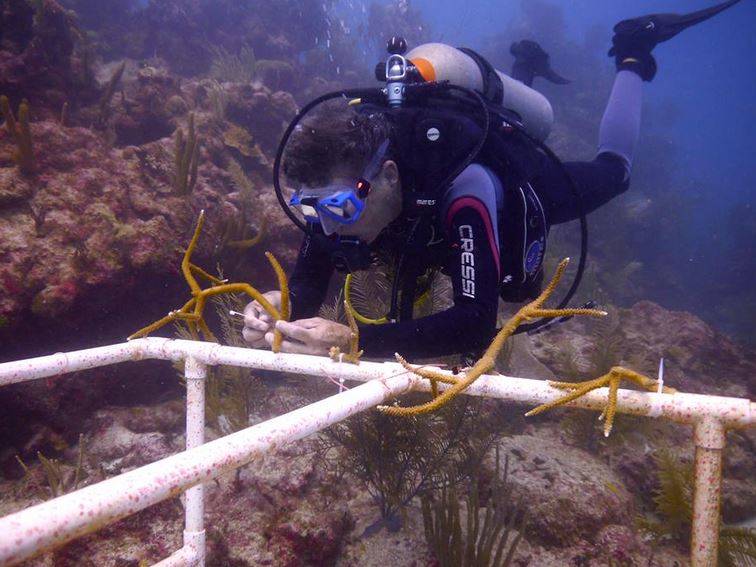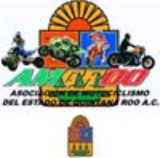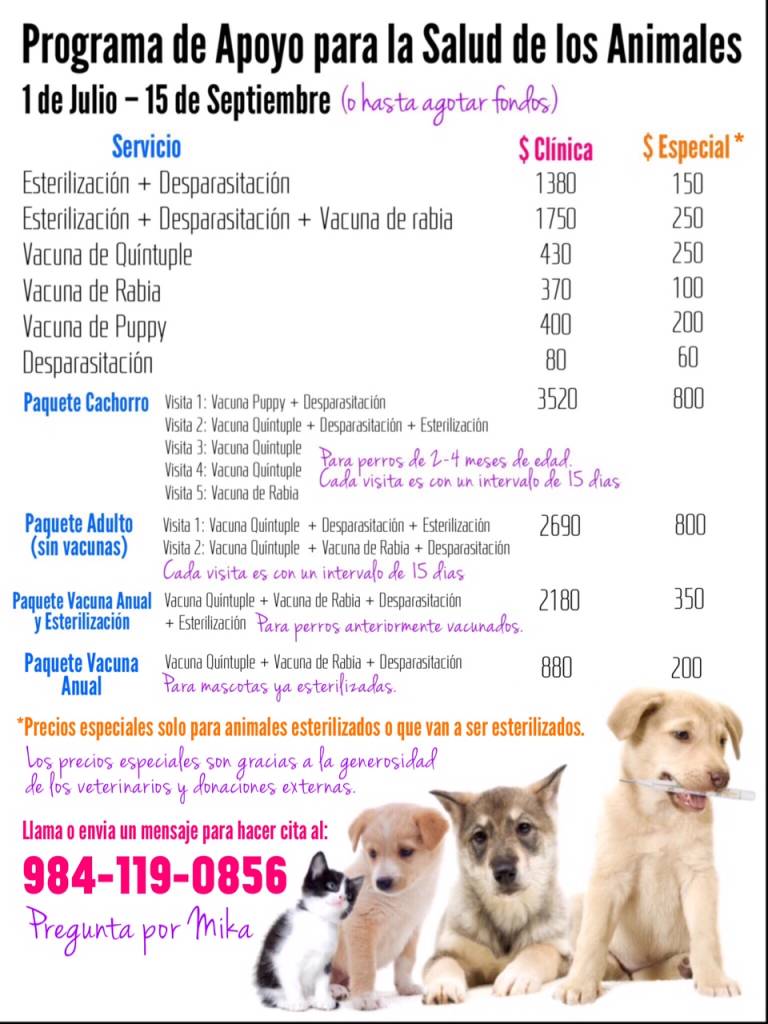
Recycling in Akumal!
Recycling in Akumal? Yes, we know, recycling is something that many countries have been doing for decades now. But here in the Riviera Maya it can be very difficult to get someone to 1) pick up the recycling on a regular basis and 2) actually recycle it, instead of dumping [……]








